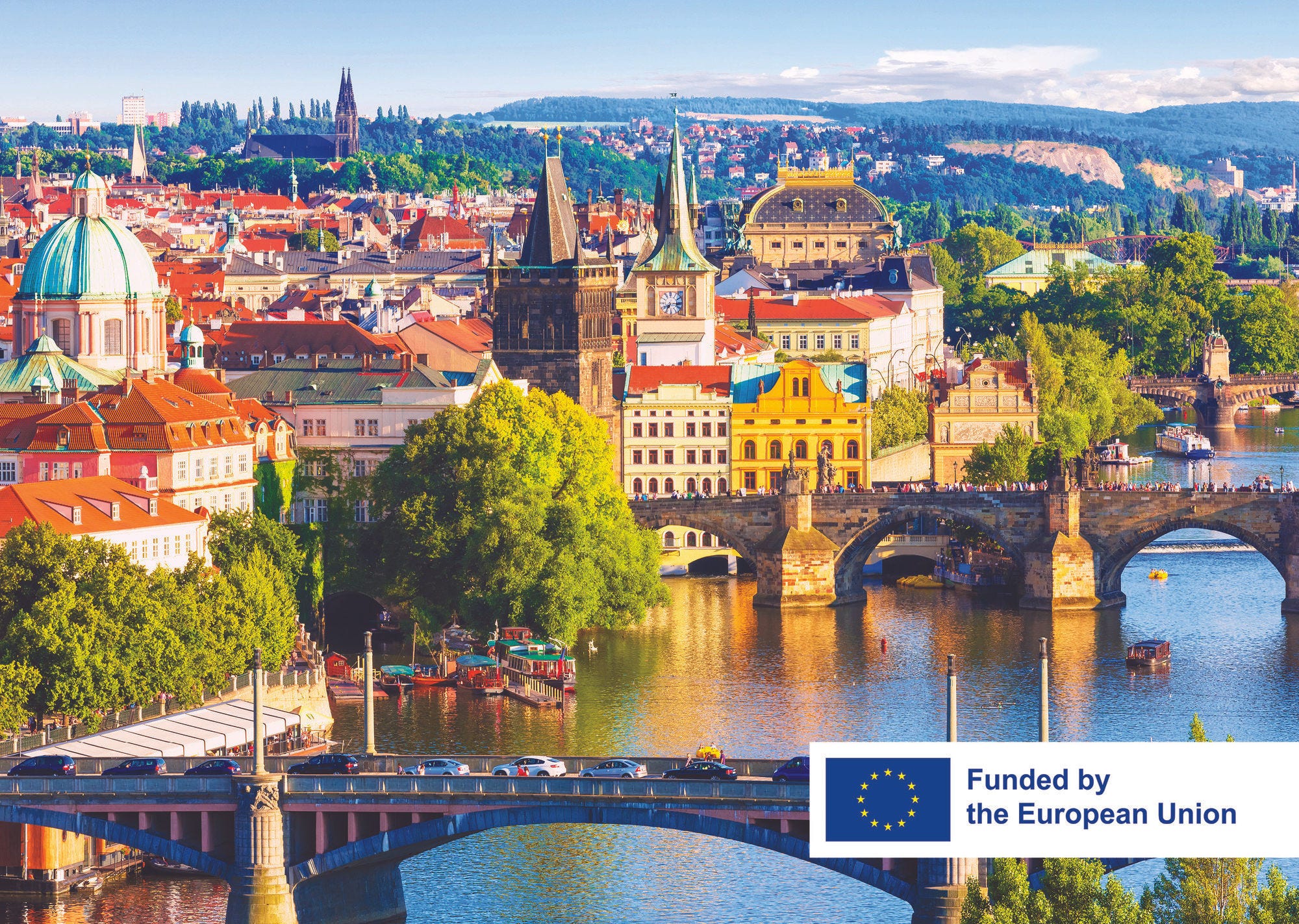Although it remains fraught with uncertainty, the global economy is slowly starting to stabilise after enduring a succession of recent shocks, including the COVID-19 pandemic, Russia’s war of aggression against Ukraine, inflationary pressures and geopolitical tensions. These events have led to significant disruptions in global value chains (GVCs) and tighter business conditions affecting local economies and societies. As the international community continues to reflect on and adapt its policy responses to address the immediate impacts of these shocks, signs of a full economic recovery remain subdued. Global foreign direct investment (FDI) flows continue on a declining trend and remain below pre-pandemic levels for the second consecutive year. Meanwhile, governments revert back to more prudent fiscal policies and phase out temporary support for small and medium-sized enterprises (SMEs) who bear the brunt of the uncertain economic landscape. Against this backdrop, there is stronger pressure than ever for more resilient, sustainable, and inclusive growth.
Since the early 1990s, Czechia has experienced strong economic growth that contributed to a successful convergence towards OECD and EU average incomes. Building on its geographical location, strong industrial base and low labour costs, the country has attracted significant FDI, which has been fundamental for the Czech integration in European production networks. Czech enterprises are highly integrated in GVCs but focus mainly on low value added activities as a large part of the economic activity is based on compiling and assembling processes. To build a more resilient and sustainable economy, Czechia needs to boost the innovation and productivity of SMEs and provide them with the support needed to engage in higher value added activities as suppliers and partners of foreign multinational enterprises (MNEs).
Beyond its direct contribution to capital and employment, FDI can serve as a conduit for domestic SMEs to access international markets and benefit from knowledge spillovers that result in the diffusion of innovation, new technologies and skills in local economies. FDI and SME linkages can contribute to the growth and upgrading of smaller firms and to productivity gains for the economy as a whole if diffusion channels and supportive conditions enable spillovers. Governments at national and subnational levels have a crucial role to play in building FDI-SME ecosystems and setting conducive institutional and policy frameworks. The OECD with the support of the European Commission (EC) is conducting a multi-year project to advise governments on developing FDI-SME ecosystems to drive resilient, sustainable and inclusive growth.
This report provides an assessment of FDI and SME linkages in Czechia and proposes policy options to improve their contribution to productivity and innovation. It provides a diagnostic assessment of the enabling conditions for FDI spillovers on Czech SMEs and explores the extent to which spillover channels are at play. It also assesses Czechia’s institutional environment and policy mix across the areas of international investment, SME development, innovation and regional development. The last chapter of the report looks at FDI-SME spillovers and related policy approaches through a regional lens, focusing on the regions of Ústí nad Labem and South Moravia.
The report was jointly developed by the OECD Committee on SMEs and Entrepreneurship and the OECD Investment Committee and contributes to their respective Programmes of Work. The report was approved by written procedure by the two Committees on 17 May 2024.
